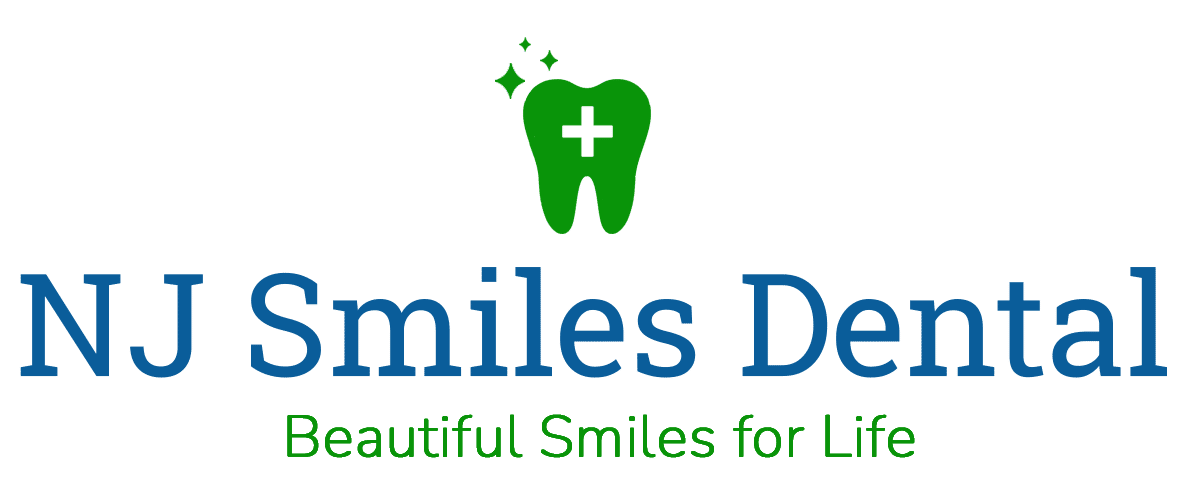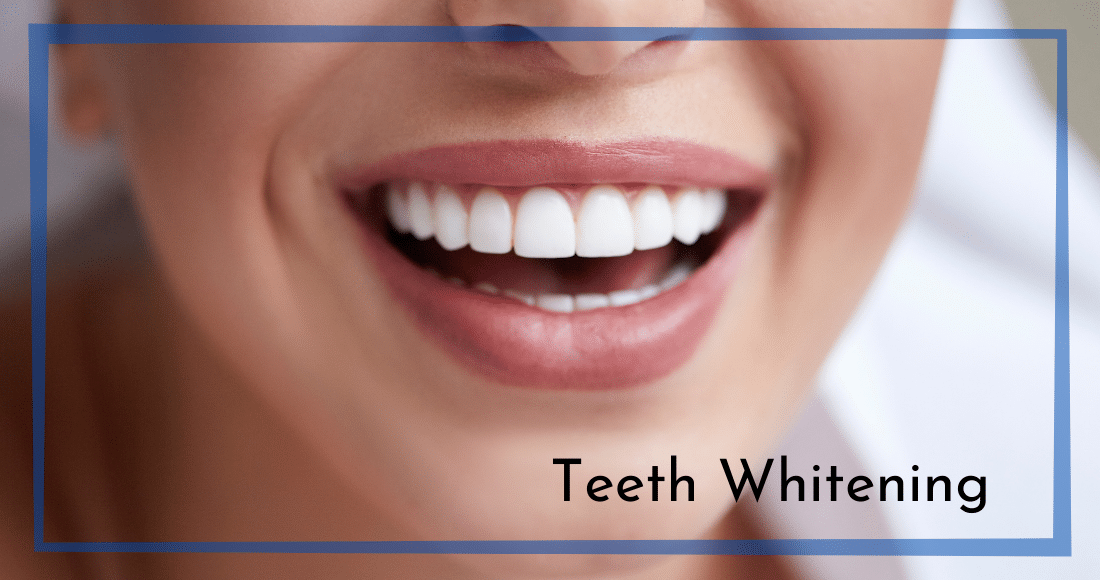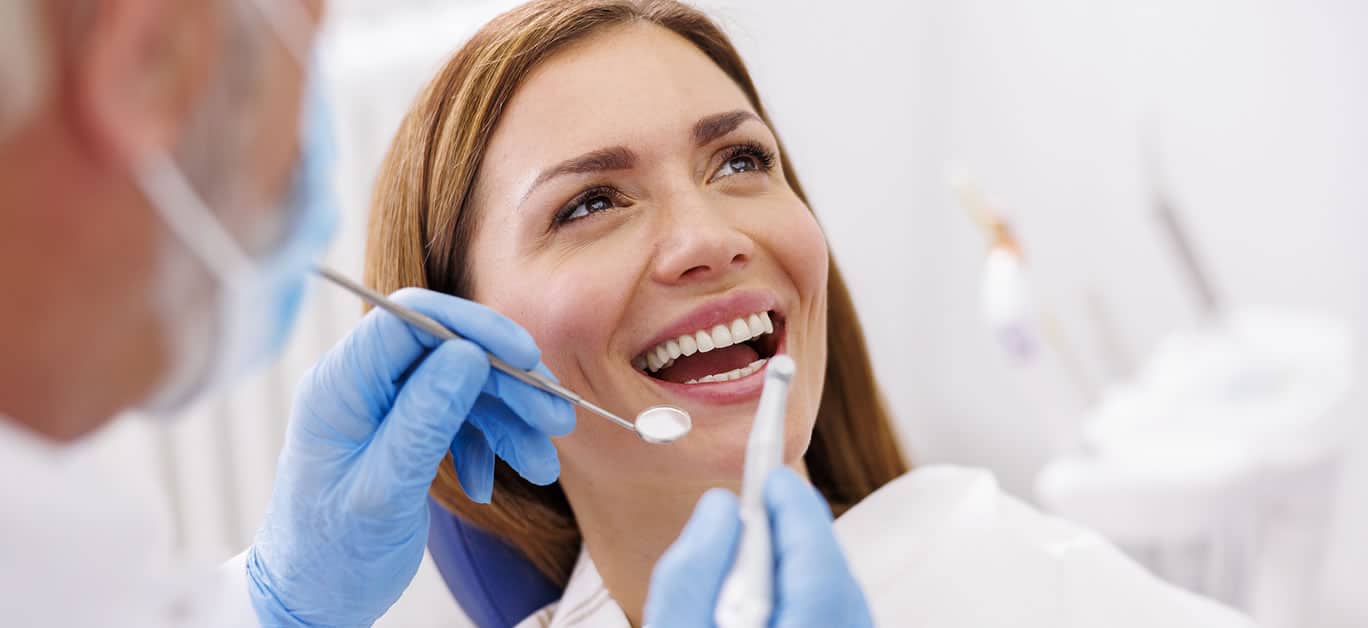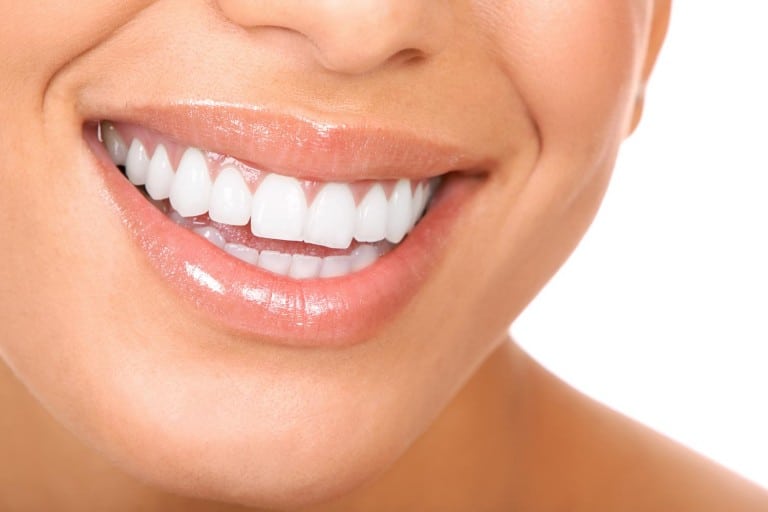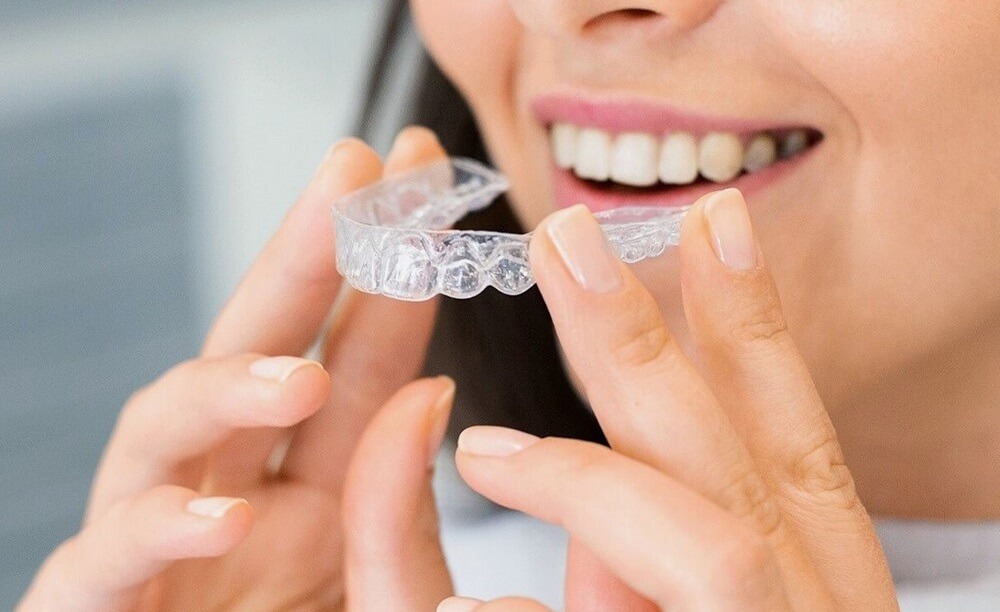
What Should You Avoid After Tooth Extraction?
When you’re scheduled for a Tooth Extraction, it’s natural to be concerned about the process and follow-up care. Tooth Extractions can often cause pain and discomfort, so it’s important to know what not to do after your Tooth Extraction. This blog will discuss some of the common mistakes people make and tips on how to avoid them when caring for your mouth after Tooth Extraction.
Tooth extraction is a commonly performed dental procedure that involves the removal of a tooth from its socket in the jaw bone. After Tooth Extraction, it’s essential to take good care of your mouth by following certain post-care instructions given by your dentist or oral surgeon. As part of recovery, there are certain activities and foods to avoid after Tooth Extraction.
What Not to Do After Tooth Extraction
There are many things you should not do during the Tooth Extraction process and in the days following your Tooth Extraction, as these actions can have adverse effects on your recovery. Here are some of the most important things to avoid:
Smoking
Smoking after Tooth Extraction is one of the biggest mistakes you can make. Smoking increases your risk of developing a dry socket, which is an incredibly painful complication that can occur if your blood clot becomes dislodged from its socket. Additionally, smoking can slow down the healing process, so it’s best to refrain from lighting up for at least 24 hours after Tooth Extraction.
Drinking Alcohol
Excessive drinking can impair your body’s ability to heal and is also detrimental to your blood clot, so it’s best to avoid alcohol for at least 48 hours following Tooth Extraction. Additionally, certain alcoholic drinks such as beer or wine are acidic and can irritate the Tooth Extraction area.
Strenuous Exercise
Physical activity should be avoided for several days after Tooth Extraction, as strenuous exercise can increase your risk of developing a dry socket and delay the healing process. If you must engage in physical activity, stick to light exercises such as walking or jogging that don’t put too much strain on your mouth.
Drinking Through a Straw
Using a straw to drink liquids can create suction in the Tooth Extraction area, which increases your risk of developing dry socket and slows down the healing process. Therefore, it’s best to avoid using a straw for at least 24 hours after Tooth Extraction.
Eating Hard or Crunchy Foods
After Tooth Extraction, you should stick to soft food such as mashed potatoes or yogurt that don’t require much chewing. Eating hard or crunchy foods can irritate the Tooth Extraction site and delay healing, so it’s best to avoid them until your mouth has had time to recover.
Conclusion
It’s important to take proper precautions and be aware of what to avoid after Tooth Extraction in order to ensure a successful recovery. By following the tips listed above, you can help to reduce your risk of developing a dry socket or any other complications associated with Tooth Extraction.
FAQs:
1. How soon after Tooth Extraction should I avoid smoking?
You should avoid smoking for at least 24 hours after Tooth Extraction to reduce your risk of developing a dry socket.
2. Is it ok to drink alcoholic beverages after Tooth Extraction?
No, it’s best to avoid alcohol for at least 48 hours following Tooth Extraction as excessive drinking can impair your body’s ability to heal and is detrimental to your blood clot.
3. When is it ok to start eating hard or crunchy foods?
You should avoid hard or crunchy foods until your mouth has had time to heal, which can take anywhere from a few days to several weeks. It’s best to stick to soft food such as mashed potatoes or yogurt that don’t require much chewing.
